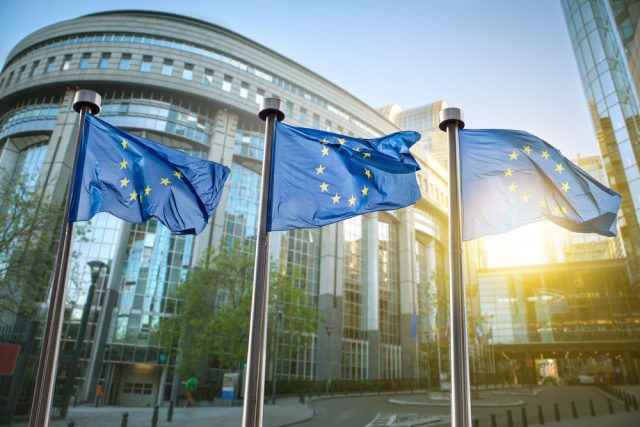
2022 has been a year marked by geopolitical news in the EU-27. Russia’s invasion of Ukraine was the largest conventional military attack in Europe since the wars in Yugoslavia. It has been coupled with an unprecedented energy and economic crisis that has dragged the European Union into historic action. European households have faced a potential increase in energy bills due to the global increase in wholesale energy and gas prices resulting from the conflict in Ukraine.
In particular, the EU has taken three major measures to reduce the value of energy bills for all Europeans, especially the most vulnerable, as the consequences of this situation are expected to last into next year. Among others, the EU has focused its initiatives on three clear energy objectives: the reduction of electricity consumption, the solidarity contribution of fossil fuels, and the limitation of wholesalers’ profits.
Reducing electricity consumption
The European Union has sought to reduce electricity consumption in its territory and CO2 emissions, as well as the energy import bill which, in the EU, amounts to around 330 billion euros. Brussels wants to achieve its targets through voluntary measures to reduce total consumption by 10% by the end of March 2023, and mandatory measures to reduce consumption by at least 5% at peak times. It is up to the member states to decide on national measures to reduce consumption. For this reason, the EU approved a regulation whereby they could extend the prices regulated by the Commission for small and medium-sized enterprises, as well as households.
In addition, in December 2022, the possibility for member states to guarantee the installation of solar energy equipment in buildings and the issuing of the appropriate permits within one month was approved. In addition to saving energy, the EU is thus seeking to combat climate change and reduce energy dependence, especially on Russia.
Solidarity contribution from fossil fuels
Fossil fuel companies have made additional profits given the high level of prices in the aftermath of the Russian-Ukrainian conflict. The EU has therefore sought measures to ensure the contribution of this sector to society as a whole. From 2022 onwards, the profits of companies in this sector that have increased their revenues by more than 20 percent over the previous four years are collected by member states, which may distribute them to households or companies affected by fossil fuel prices. In addition, EU countries may be able to earmark part of the revenues from this initiative to finance the EU’s energy measures. These decisions affect companies in the oil, gas, coal, and refinery sectors.
In the same vein, the European Commission presented the REPowerEU plan, a European initiative to “rapidly” reduce dependence on Russian fossil fuels in order to advance Europe’s ecological transition. The plan is proposed to promote energy savings, boost clean energy production, and diversification of supplies. The EU sought the substitution of coal, oil, and natural gas in industrial processes in order to reduce greenhouse gas emissions and strengthen security and competitiveness.
Limiting the revenues of electricity producers
In the same way that fossil fuel companies do, the non-gas-fired power generation sector has increased its revenues exponentially, which is why the EU has approved a price cap for all fossil fuel companies. The European Union has agreed to a ceiling of 180 euros per megawatt hour for gas purchases, intending to allow the EU to “better prepare for the coming winter” and encourage the deployment of renewables, as acknowledged by the president of the European Commission, Ursula Von der Leyen. The measure aims to curb energy prices in a context characterised by Russia’s decision to stop supplying fossil fuels to the EU in retaliation for sanctions imposed by the region following its invasion of Ukraine. To trigger the gas cap, the price must exceed 180 euros per megawatt hour for three consecutive days.



 Subscribe
Subscribe